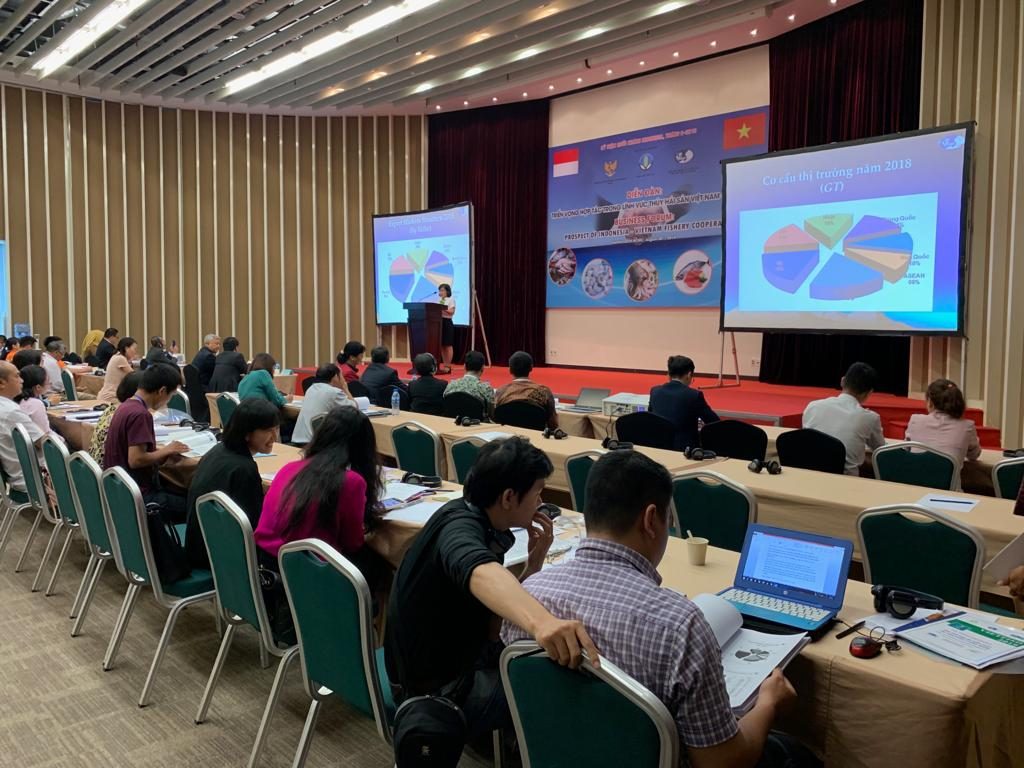Food and agriculture are key to achieving the entire set of SDGs and many SDGs are directly relevant to fisheries and aquaculture. The state of World Fisheries and Aquaculture 2018 highlights the critical importance of fisheries and aquaculture for the food, nutrition and employment of millions people, many of whom struggle to maintain reasonable livelihoods. Total fish production as noted in 2016 reached an all-time high of 171 million tonnes, of which 88% was utilized for direct human consumption.
Fish and fish products are some of the most traded food items in the world today. Recent years about 35% of global fish production entered international trade in various forms for human consumption or non-edible purposes.
China is the main fish producers and since 2002 has also been the largest exporter of fish and fish products although the rapid growth of the 2000s has subsequently slowed. After China, the major exporters (2017) were Norway, Viet Nam and Thailand. The EU represented the largest single market for fish and fish products, followed by USA and Japan. The three markets together accounted for approximately 65% of the total value of world imports of fish and fish products.
All the explaination above, has been presented in Forum Discussion between Viet Nam and Indonesia on Friday, August 31 at Vietfish Expo. Viet Nam informed that their exporting fish and fish products has increased year by year. Quality and continuity of supply to importing countries is the key of their success beside providing its cold chain infrastructure.
Meanwhile, Indonesia represented by Perum Perindo and PT. Malindo Food explained the development of national fish and fish products. Value added is taking a good opportunities to increase its export value and compete with other producing countries.
Another explaination that the 2030 Agenda for Sustainable Development offers a vision of fairer, more peaceful world in which no one is left behind. Its agenda also sets aims for the contribution and conduct of fisheries and aquaculture towards food security and nutrition, and the sector’s use of natural resources, in way that ensures sustainable development in economic, social, and environment terms.
ARPI team (together with Indonesia Fisheries Processors & Marketing Association – AP5i) also visited one of the best 3-PL industries in Ho Chi Minh. The team have made a collaboration between Viet Nam Seafood Processors and Viet Nam Sea-culture Association regarding to our Seafood Show of Asia and SIAL Interfood Expo on next November at JIEx Expo Jakarta.

